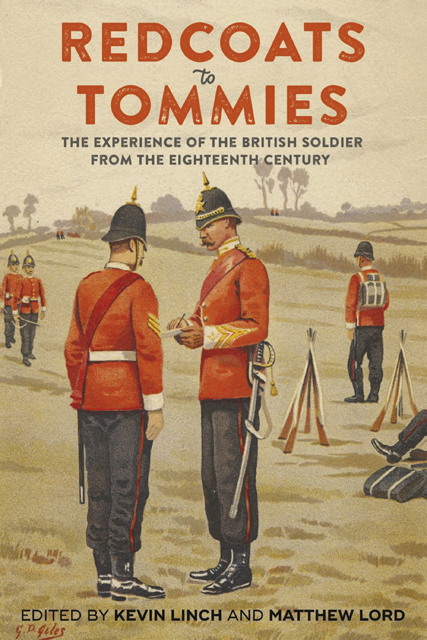4 - Sun, Sea and Starvation: The Logistics of the British Garrison on Minorca, 1746–56
Published online by Cambridge University Press: 17 January 2023
Summary
The island of Minorca was a unique British territory during the eighteenth century. It had a sizeable European population, with different cultural backgrounds and the traditional rights that entailed, who did not speak the same language as the rulers, predominantly practised a different faith, and who were previously subject to a still existent and powerful European state. Being seized from the Spanish during the War of Spanish Succession, Minorca was awarded to Britain in the Peace of Utrecht in 1715, alongside Gibraltar, and for most of its time in British hands remained a small outpost. It was a territory where troops were often left for long periods of time and officers sent to finish out their careers. One battalion remained on the island for sixteen years without relief, and the lieutenant governor at the time of the siege in 1756 was eighty-six. The island only really gained fame within the English-speaking world due to the events in 1756 and the resulting trial and execution of British Admiral Byng, which will be discussed in more detail later. During the mid-eighteenth century, Minorca was not properly represented by a form of civil government either; although, in theory, the appointed governor was tasked with administering the island for civil matters, there was constant absenteeism of the governors after Richard Kane (1733–36). This resulted in all those duties passing to the lieutenant governor, who during the 1750s was Lieutenant General Blakeney. The lieutenant governor was always a military officer who also held the role of supreme commander of the British forces on the island. Thus, civil government in Minorca was handled by ageing military officials.
Like many of Britain’s overseas bases in the eighteenth and nineteenth centuries, Minorca possessed one major and vital feature as an island, its anchorage. Mahon harbour was evocatively described by William Cunninghame in his journal recounting his journey there, as having ‘the appearance of a river always smooth water generally good anchoring ground everywhere … It is the finest and safest harbour ever I saw’. This excellent anchorage was positioned just two days’ sailing from the French and Spanish coastlines, which included the main French naval base at Toulon, making it a vital point for control of the Western Mediterranean, and hence the continued British interest in it. Despite that, the island did also have some significant drawbacks.
- Type
- Chapter
- Information
- Redcoats to TommiesThe Experience of the British Soldier from the Eighteenth Century, pp. 85 - 102Publisher: Boydell & BrewerPrint publication year: 2021

